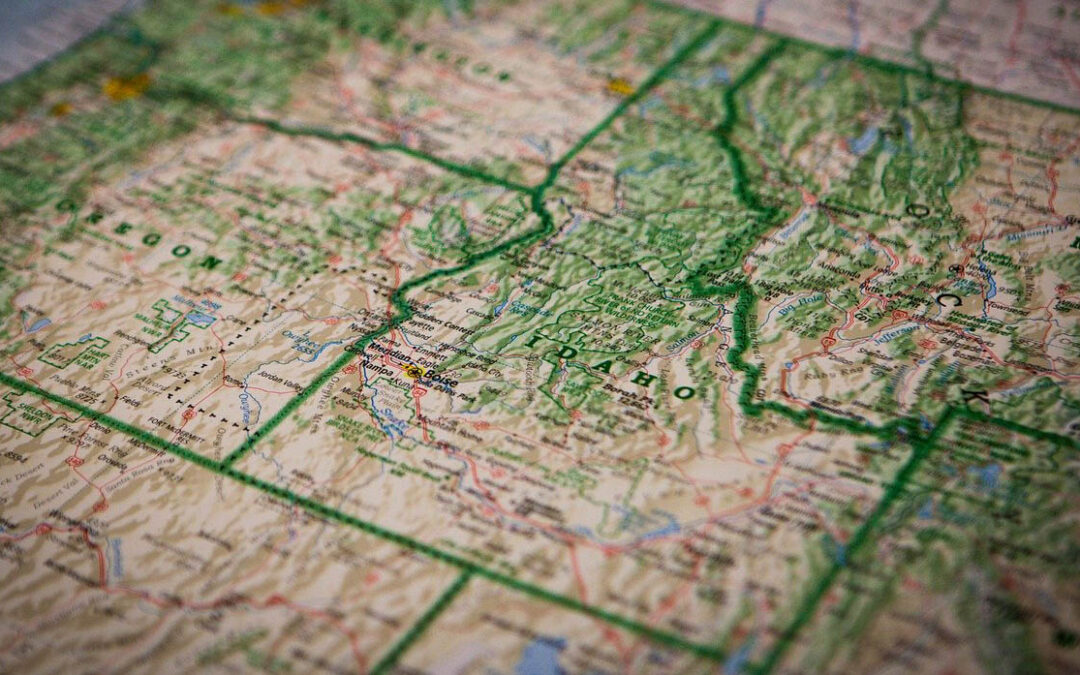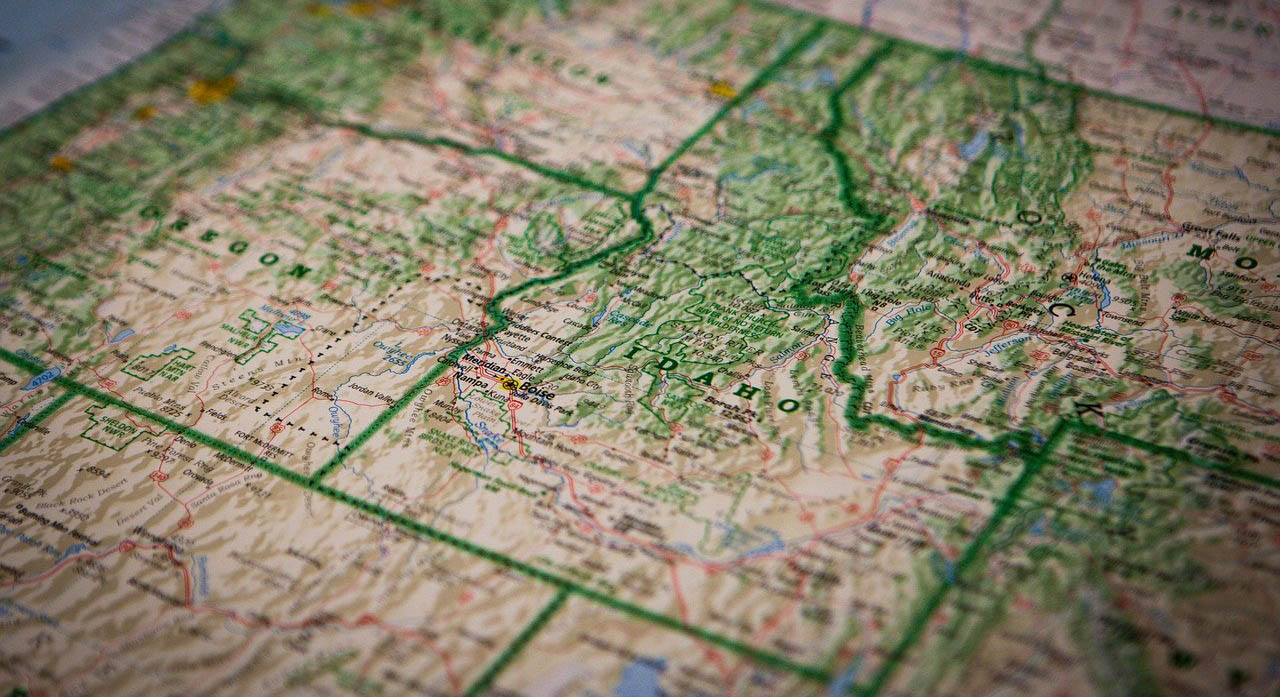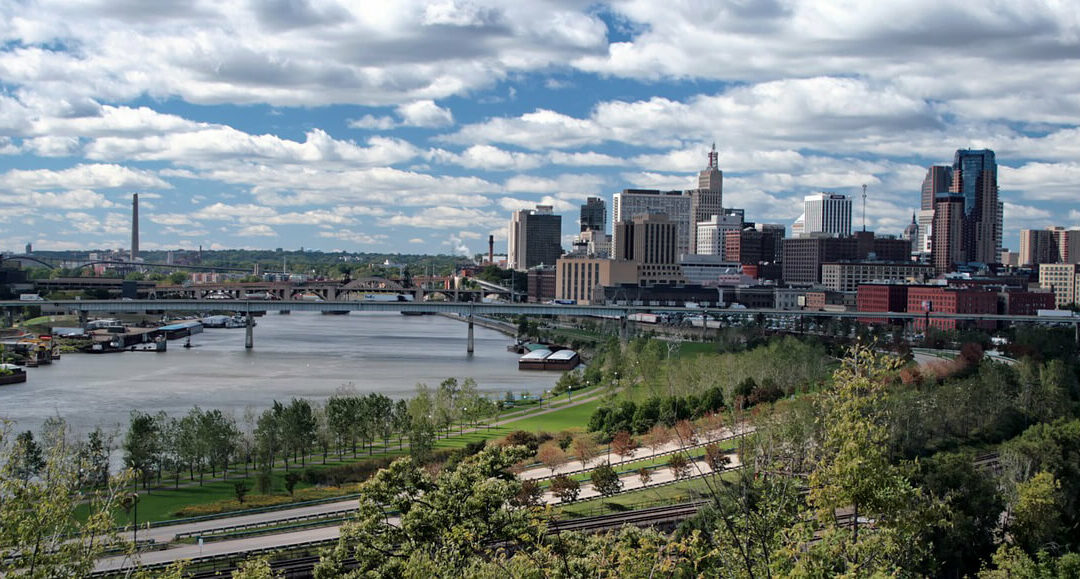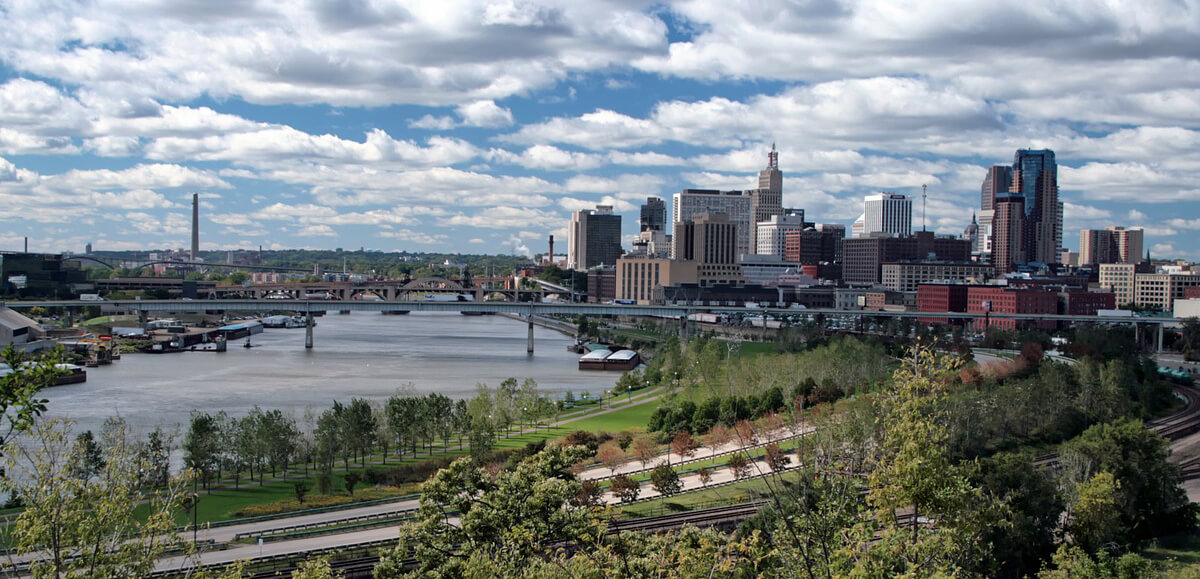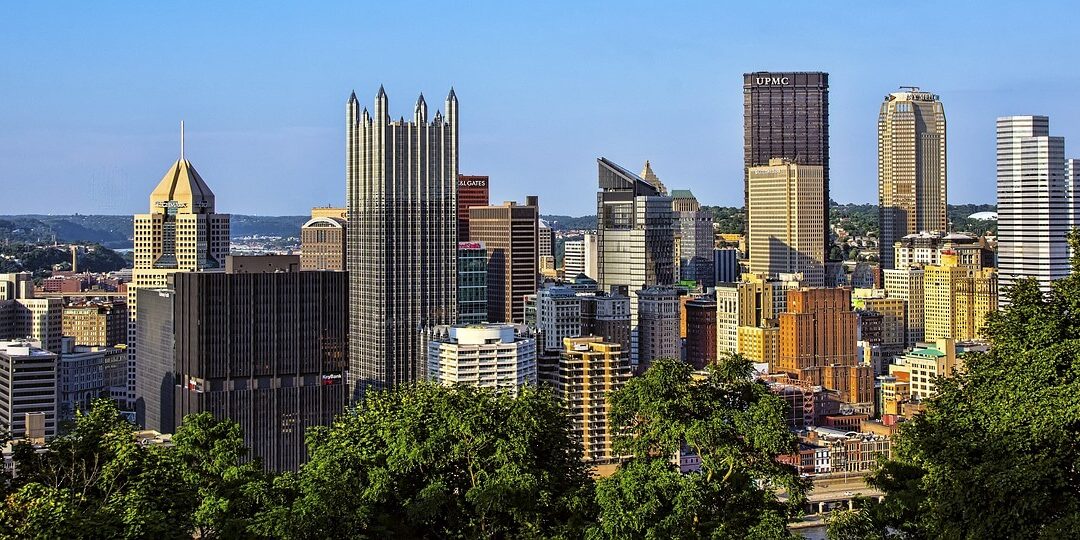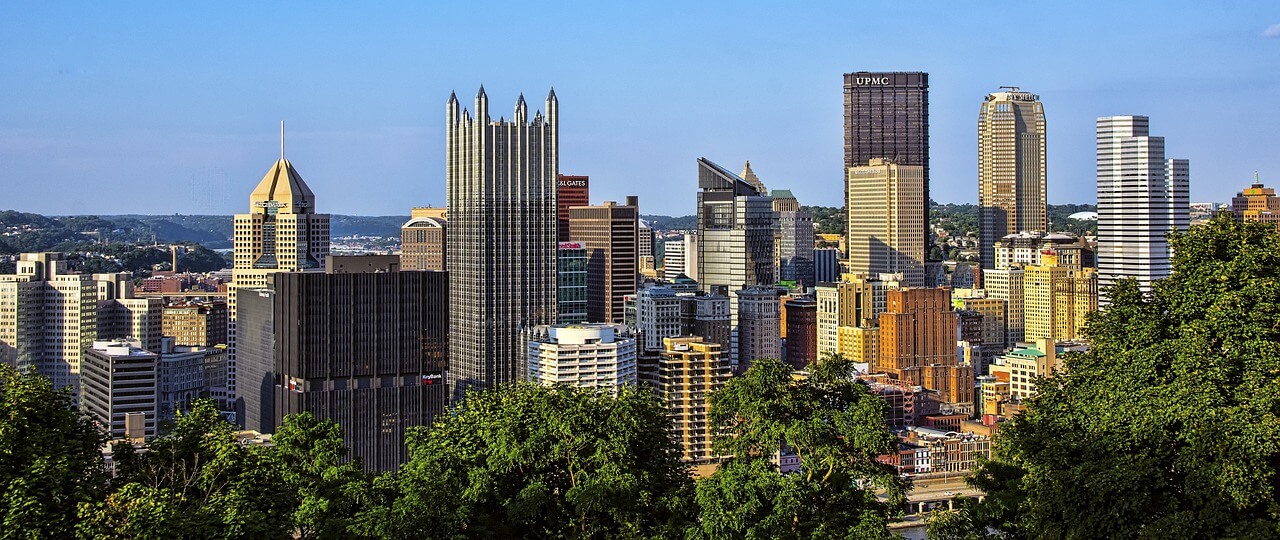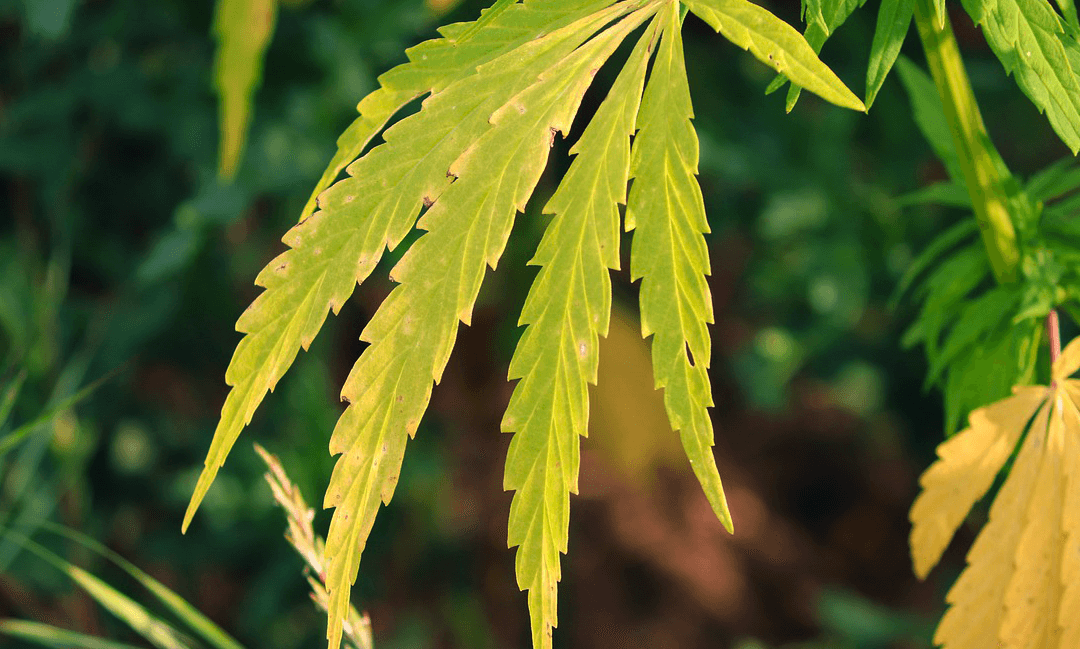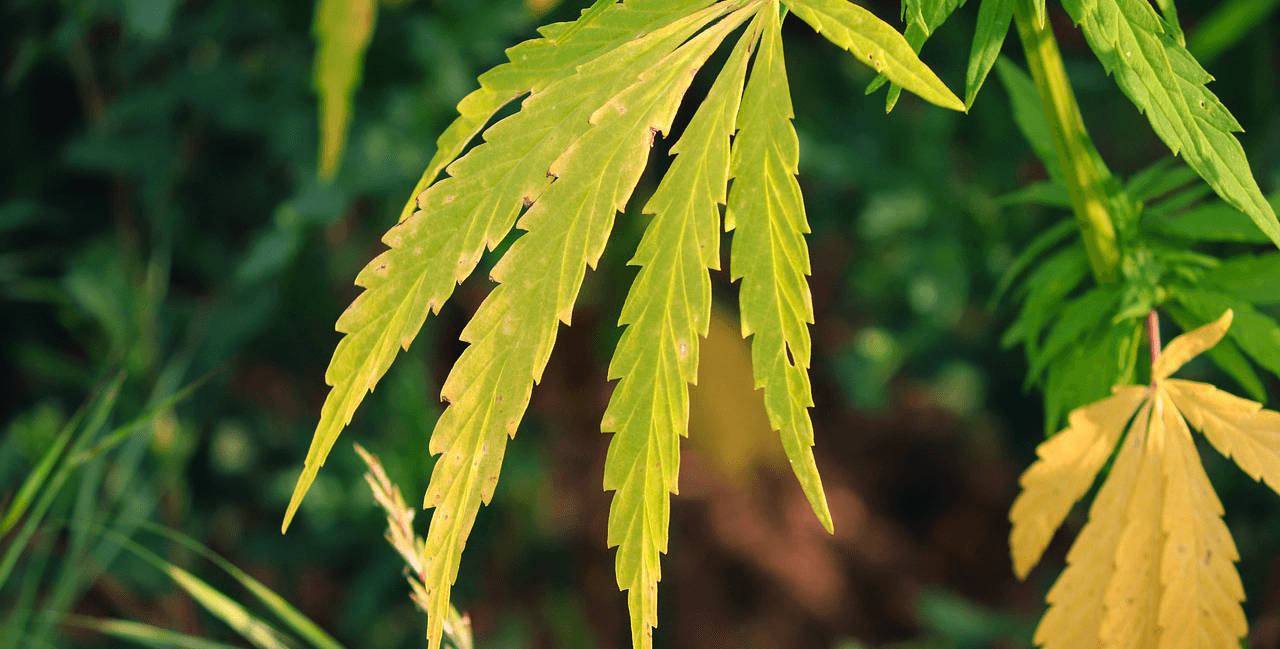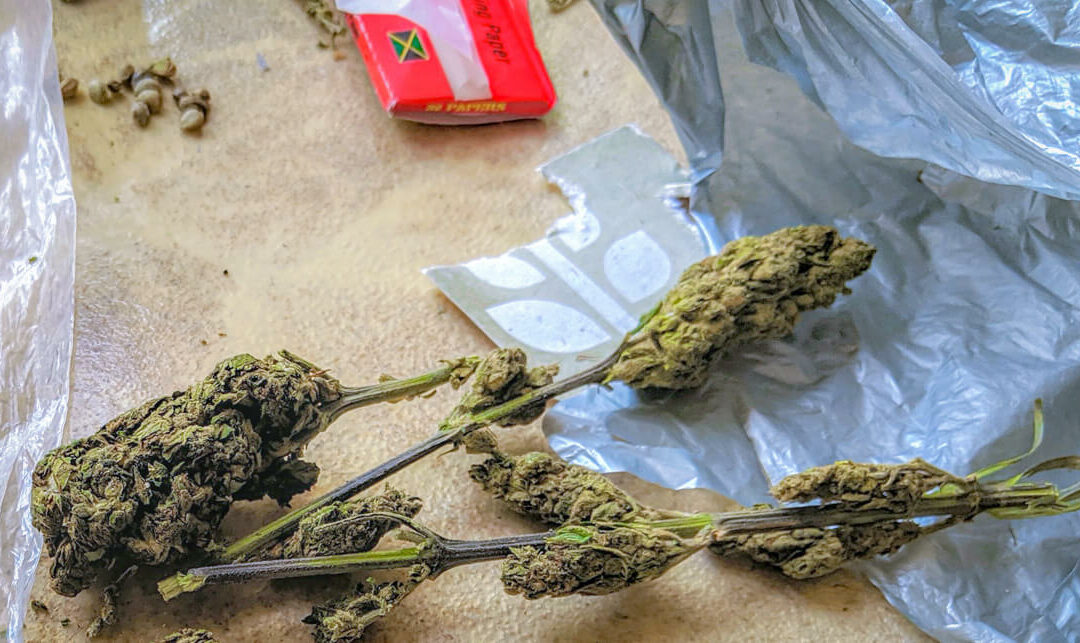
Jamaica faces marijuana shortage as farmers struggle
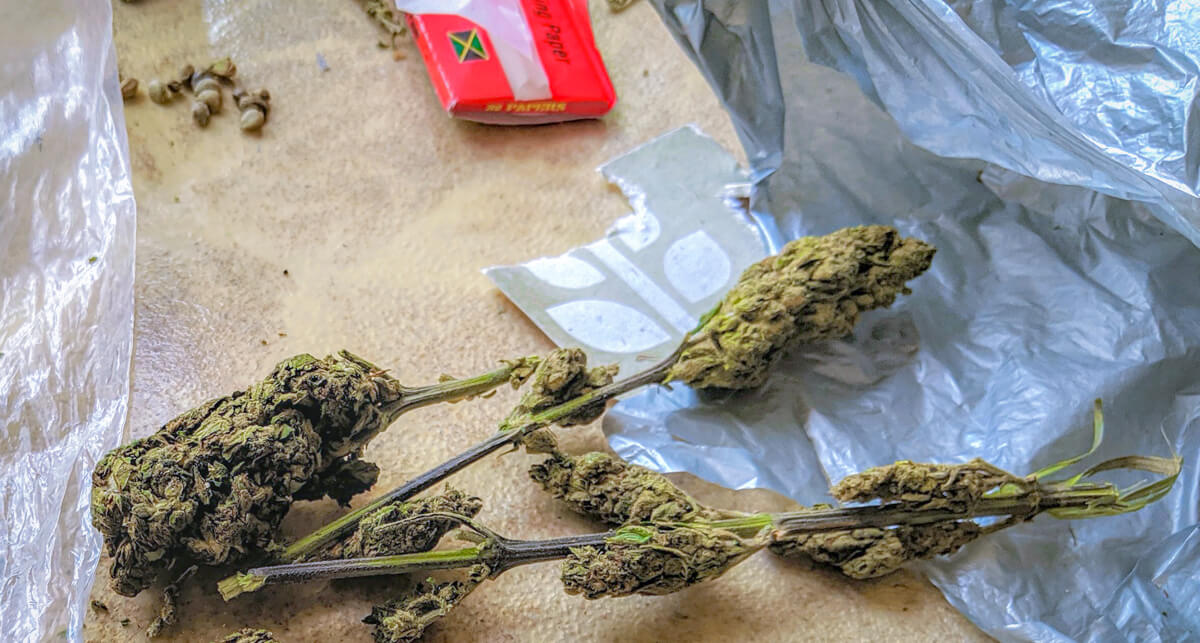
Jamaica is running low on ganja.
Heavy rains followed by an extended drought, an increase in local consumption and a drop in the number of marijuana farmers have caused a shortage in the island’s famed but largely illegal market that experts say is the worst they’ve seen.
“It’s a cultural embarrassment,” said Triston Thompson, chief opportunity explorer for Tacaya, a consulting and brokerage firm for the country’s nascent legal cannabis industry.
Jamaica, which foreigners have long associated with pot, reggae and Rastafarians, authorized a regulated medical marijuana industry and decriminalized small amounts of weed in 2015.
People caught with 2 ounces (56 grams) or less of cannabis are supposed to pay a small fine and face no arrest or criminal record. The island also allows individuals to cultivate up to five plants, and Rastafarians are legally allowed to smoke ganja for sacramental purposes.
But enforcement is spotty as many tourists and locals continue to buy marijuana on the street, where it has grown more scarce — and more expensive.
Heavy rains during last year’s hurricane season pummeled marijuana fields that were later scorched in the drought that followed, causing tens of thousands of dollars in losses, according to farmers who cultivate pot outside the legal system.
“It destroyed everything,” said Daneyel Bozra, who grows marijuana in the southwest part of Jamaica, in a historical village called Accompong founded by escaped 18th-century slaves known as Maroons.
Worsening the problem were strict COVID-19 measures, including a 6 p.m. curfew that meant farmers couldn’t tend to their fields at night as is routine, said Kenrick Wallace, 29, who cultivates 2 acres (nearly a hectare) in Accompong with the help of 20 other farmers.
He noted that a lack of roads forces many farmers to walk to reach their fields — and then to get water from wells and springs. Many were unable to do those chores at night due to the curfew.
Wallace estimated he lost more than $18,000 in recent months and cultivated only 300 pounds, compared with an average of 700 to 800 pounds the group normally produces.
Activists say they believe the pandemic and a loosening of Jamaica’s marijuana laws has led to an increase in local consumption that has contributed to the scarcity, even if the pandemic has put a dent in the arrival of ganja-seeking tourists.
“Last year was the worst year. … We’ve never had this amount of loss,” Thompson said. “It’s something so laughable that cannabis is short in Jamaica.”
Tourists, too, have taken note, placing posts on travel websites about difficulties finding the drug.

